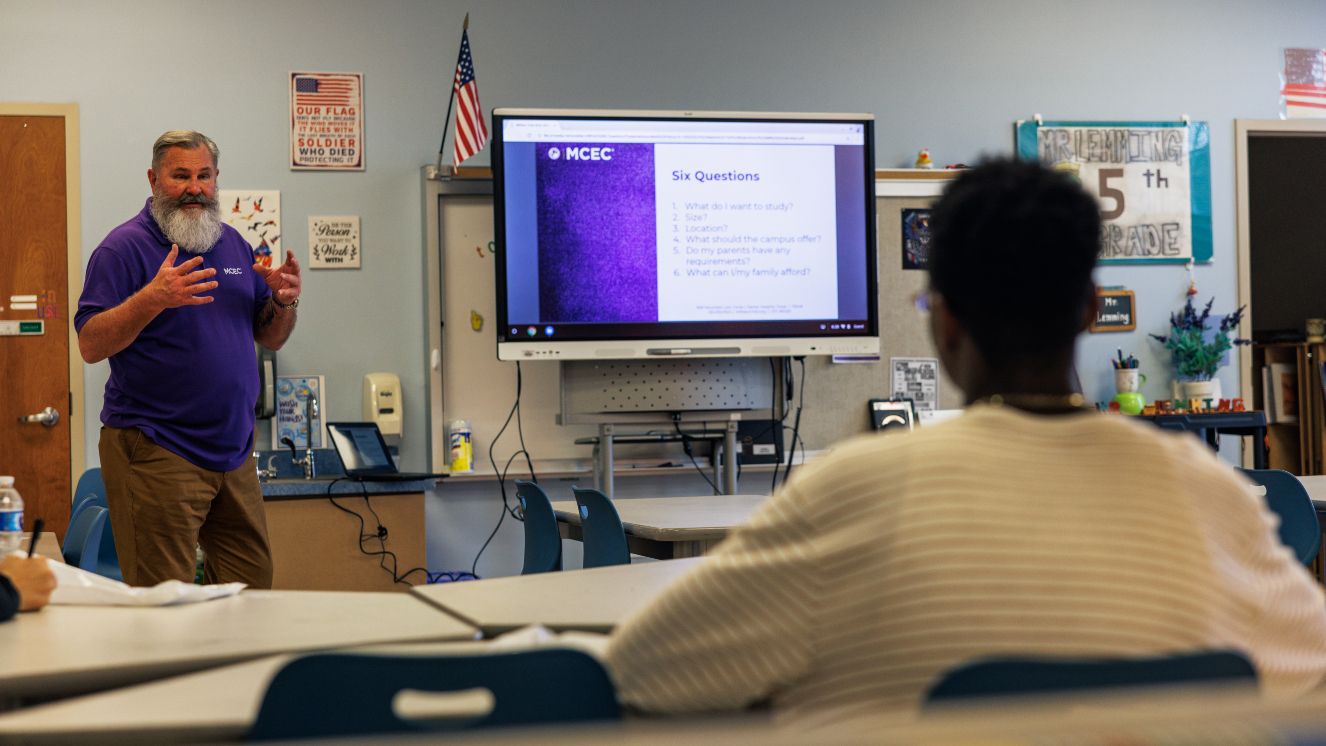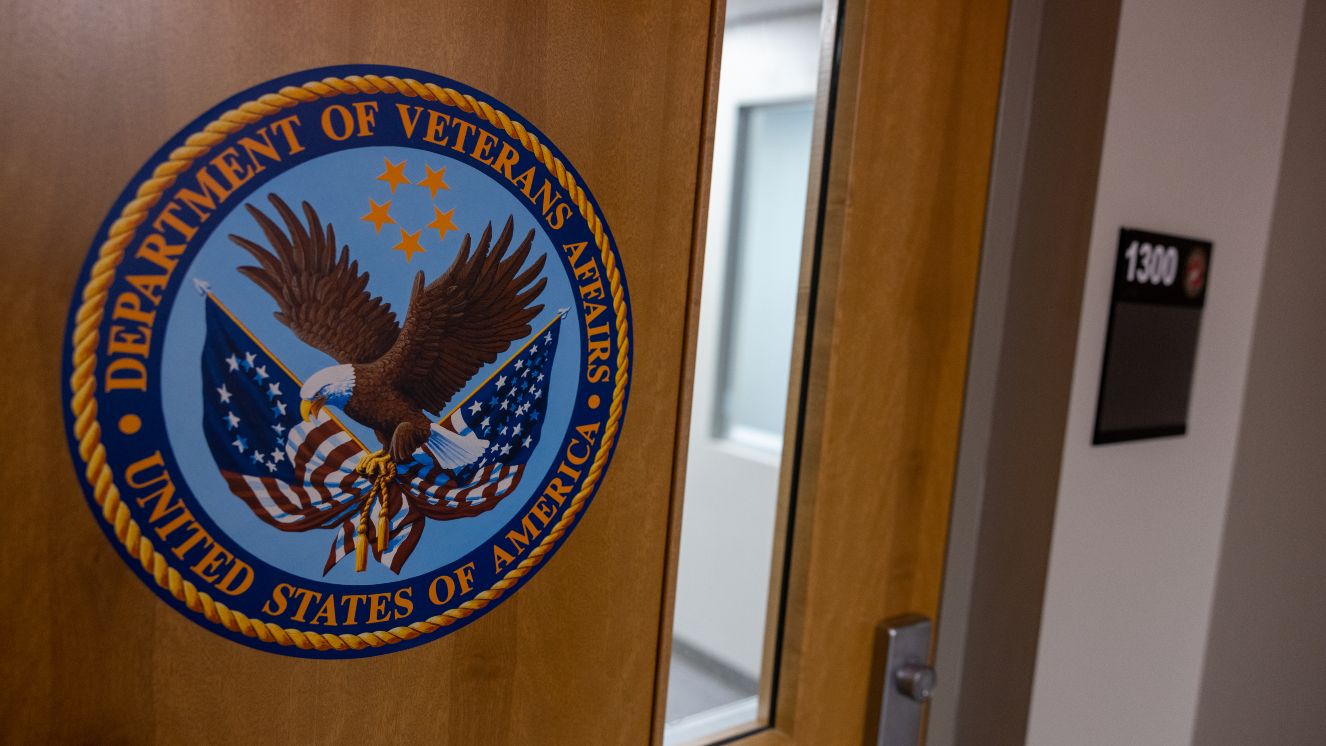WHAT REALLY ARE THE BEST JOBS FOR VETERANS...AND HOW DO YOU GET THEM?
COMMENT
SHARE

Introduction
Getting jobs after the military can be challenging for veterans. This is true whether you are still active-duty and thinking about transitioning to civilian life soon, or if you’ve been a veteran for many years. Sometimes, the hardest part about getting a job after the military isn’t finding out who is hiring or going through the application and interview process. Instead, the challenge is knowing what types of jobs are the best jobs for veterans (which includes jobs for disabled veterans). If this is a problem you are having, we might be able to help!
Before You Begin Looking for Jobs After the Military
There is no such thing as the single “best” job for retired military. Just like there are different branches of the U.S. Armed Services and all kinds of ranks and roles in them, the same goes for veterans employment. That’s why you should take a moment to think about what you really want and need from a job. Start with these questions.
1. Do I Want a Job or a Career?
Although there is some overlap with jobs and careers, there are some important differences.
Jobs for Veterans
Are you still trying to figure out what you want to do with the rest of your post-transition life? Or maybe you already know, but you don’t yet have enough experience, training or education? Or, maybe you are semi-retired and just need to make some extra money or want to keep busy? If any of this sounds like your situation, you are probably more interested in jobs for veterans.
Careers for Veterans
Do you have a pretty good idea about the type of work you’d like to do for years to come...or maybe be willing to work your way up to with experience or more education? If any of this is closer to what you are trying to do, you are probably more interested in careers for veterans.
2. Do I Want to be Paid Hourly Wages or a Salary?
Just like the overlaps and differences between jobs and salary, the same goes for wages and salaries. First, jobs are usually paid with hourly wages, and careers are usually paid with salaries. There’s no rule that says jobs with wages always pay less than careers with salaries, but that’s usually how it works. That doesn’t mean you can’t find high paying jobs after the military!
- When—and how many hours—do you want to work? If you only want to work part-time, or if you like to vary which days you work, you’ll probably want to do something that pays wages.
But, if you want to work a regular weekday schedule (and are willing to occasionally work overtime without being paid extra), you should look for something that pays a salary.
- Do I want or need employment benefits? Benefits range from PTO (paid-time off, which is like military leave) to healthcare and retirement plans.
Generally, you need to work full-time to receive “bennies,” and these usually are part of doing something that pays a salary.
Start Here: Veteran Hiring Programs and Job Boards
Veteran hiring programs are perfect places to start if you are seriously struggling with figuring out what type of jobs after the military (or for that matter, careers) would be best for you.
CareerOneStop
CareerOneStop.com is a website sponsored by the U.S. Department of Labor, and it can definitely get you pointed in the right direction! They offer:
- Free self-assessment tests
- Detailed career profiles
- Listings of training opportunities (and scholarships)
- Career counseling to help you set goals and expectations
Job Boards
There are job boards sites that are specifically for helping you find civilian jobs for veterans, including:
You can also check out these job boards that let you search and filter jobs for veterans, including:
These sites also have resume tips, forum support and professional networking options. Finally, also be sure to visit our sister site MyBaseGuide.com’s job portal!
7 of the Best Jobs for Military Veterans
Earlier, we said there is no single “best” job for veterans. However, there are some careers and jobs for vets that are known to be excellent matches for the skills and experience you might have gained when you were active duty.
1. Operations Manager
Salary expectation: $100,000
Whether you were charged with the logistics of a multi-force training exercise or you were charged with making sure your buddy showed up to chow on-time, being a leader who is highly organized and can get things done is an invaluable skill—one that businesses will always need. Depending on your level of education and the size of the company that hires you, this is among the high paying jobs after the military that you can find. Tip: Look for similar job titles like “operations director” or “production manager” during your search.
2. Computer Systems Analyst
Salary expectation: $88,000
High tech: It’s everywhere in the military. And let’s be honest: The military also utilizes computer and electronic systems of varying degrees from the past. Your experience with these systems is an advantage for this role. Depending on your company, this role can have many duties, but the basic job is to continuously monitor an organization’s computer systems and procedures, and then to recommend and implement ways to improve efficiency and productivity.
3. Sales Account Representative
Salary expectation: $52,000
Selling products and services takes finesse, and it requires knowing how to quickly size up a customer’s wants and needs. In the military, you learned to work with folks from all parts of the nation, various kinds of culture, and different sets of values. That skill may help you be a strong candidate for this role. Whether the opportunity is titled “Account Development” or “Sales Director,” these related jobs require a bold, won’t-take-no-for-an-answer attitude...something most military members have experienced in spades!
4. Auto Mechanic
Salary expectation: $39,000
Vehicles. Break. Down. This is true almost everywhere, including in the field, on a beach, at the side of the road or when shuttling your kids to and from school. Being able to fix cars, trucks, and motorcycles is a skill set that always been needed. Although you might need to get some additional specialized training and certification, if you gained basic knowledge of vehicle maintenance and repair in the military, it could jumpstart your career as an auto mechanic. Tip: Look for auto certification programs in your local community.[b]
5. Nurse / Emergency Medical Technician
Salary expectation: $66,000
Almost all members of the military have basic first-aid knowledge. Depending on your experience, you could have talents that would need only minimal training to be licensed as a nurse, or you could already have emergency medical skills that are currently in high demand due to the Covid-19 pandemic. Although each state has its own requirements, becoming a nurse or related healthcare worker will consistently be tough but rewarding, mentally and financially. Tip: If this sounds appealing to you, go to Nurse.org to learn about paths to becoming a nurse fast.
6. CDL Operator / Driver
Salary expectation: $42,000
Even before Covid-19 increased the demands on shipping and transportation services, CDL (commercial drivers licenseE) truck drivers were already in high demand. In the past 10 years, salaries for drivers have become increasingly competitive due to a shortage of candidates. Most service members have many of the unique traits and skills that appeal to trucking companies, which includes being accustomed to working long hours, remaining mentally alert and delivering needed supplies—and familiarity with larger vehicles could be a bonus. Each state has its own minimum standards for the licensing of commercial drivers, and federal regulations also apply. Tip: Learn about what it takes to get a CDL at Federal Motor Carrier Safety Administration.
7. Law Enforcement / Security Guard
Salary expectation: $36,000
Self-defense and conflict resolution are staples of any service member’s training—and so is proficiency with weapons and disarmament. These skills would transfer easily into a law enforcement career or as a security guard, with only minimal additional training. Although salaries vary across U.S. regions, states, counties and cities, both police officers and security officers often have the opportunity to add to their base compensation with overtime. The benefits are usually good, too!
Conclusion
Remember, finding a job isn’t easy for anyone, especially now as employers grapple with the consequences of the pandemic. Additionally, before the pandemic, many veterans were already struggling, both financially and mentally. Never hesitate to contact the Veterans Crisis Line at 1 (800) 273-8255 if your job search or employment status starts to overwhelm you. The crisis line can direct you to additional local resources to help you through any rough spot. Good luck with your job search, and check back often for more advice and information about jobs for veterans. Did you easily adapt from military service into the civilian workforce? What advice would you give to other veterans starting their job search? Leave a comment and follow our social media pages to see how others found jobs after the military.
Join the Conversation
BY JAMIE ROGERS
Veteran Benefits & Career Writer at VeteranLife
Jamie Rogers is a Contributing Writer at VeteranLife.com
Expertise
Jamie Rogers is a Contributing Writer at VeteranLife.com



